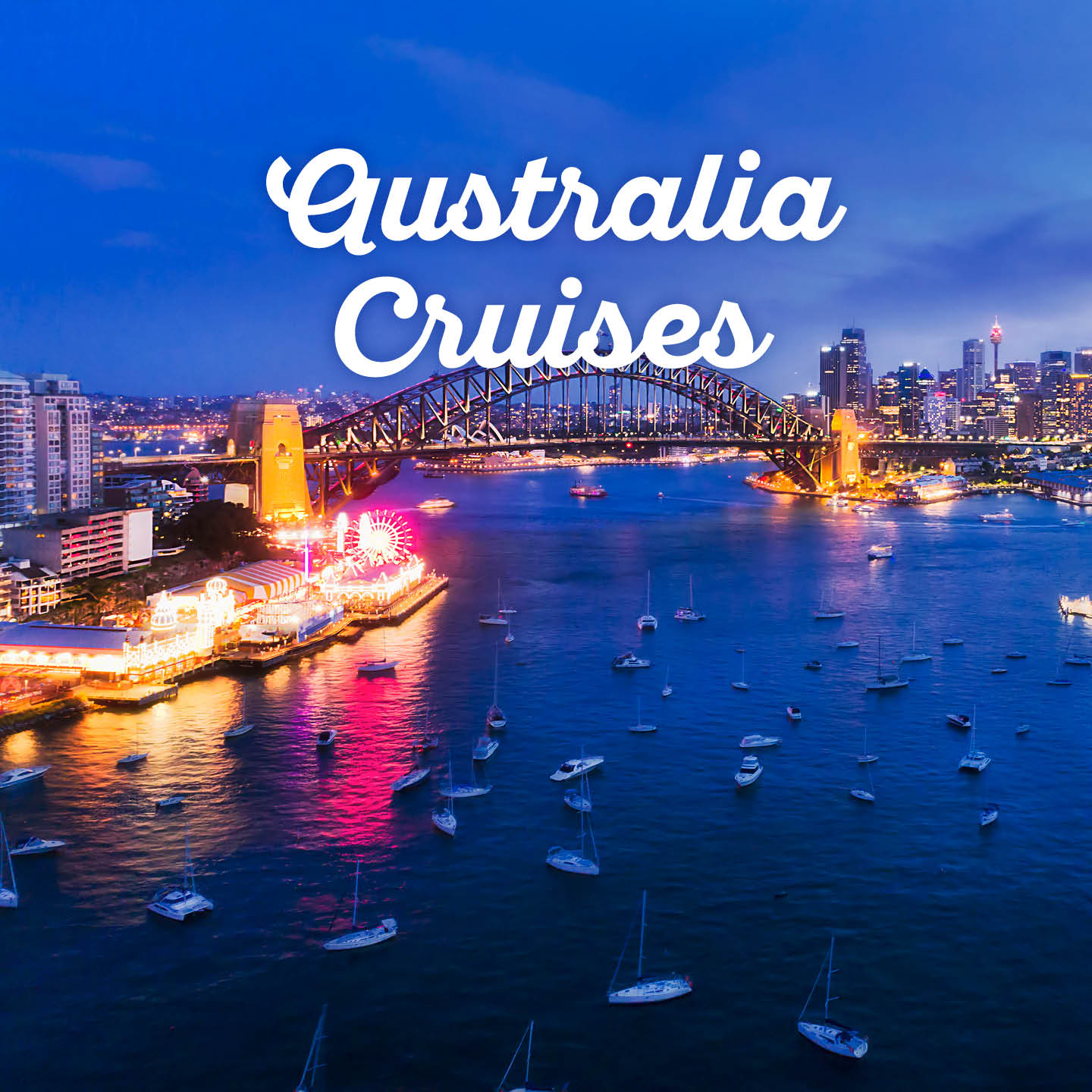FAQs
How much are gratuities (tips) and when are they paid?
Most cruise lines add a gratuity to your onboard account at the end of your cruise. However this is not uniform throughout the industry. Some lines include it in the fare before you leave, others do not charge at all. The typical amount you pay, or are expected to pay, is approximately USD$15.00 per day per passenger. Those companies that add the cost to your account allow you to change the final amount by visiting the purser’s desk. A 15 percent gratuity is automatically included on all beverage tabs. For specific policies relating to gratuities on your cruise please ask your cruise consultant.
What about formal nights – do I have to dress up and does this mean taking my formal wear just for a night or two?
Many cruise lines now feature a more relaxed and casual approach to dress throughout the cruise. However on others, formal dinners or parties are part of the fun. Even on the most formal of ships, a dark suit and tie are fine for formal dinners. If you do want to get into the dress up spirit most ships offer tuxedo rental services on board.
Is there a charge for entertainment on board?
No - once on board, entertainment is all included in the cruise fare that has already been paid. When is the best time to take a cruise? Cruises are available year round, and in most areas throughout the world. The best time for you will depend on where you want to go. The Caribbean or Australia is fantastic year round, however, some of the more exotic destinations are seasonal. For example, you can only cruise to Alaska between May and September or to Europe between April and November. Please see our destinations page for more information on the best time to cruise.
Will I get seasick?
Modern ships are built with very effective stabilizers to minimise the rocking movement of the sea and in most instances you will barely be aware of any movement. Cruise ships can also outrun bad weather. If you are susceptible to seasickness there are many over-the-counter, non-prescription medications available to help avoid or eliminate seasickness. Dramamine, Marazine and Bonine to name a few, have all been time tested and are effective for most people. Scopaloniine, also known as "the patch," is a prescription medication that is applied behind the ear and time releases small amounts of medicine through the skin. The “Sea Band” can also be very effective and you will avoid the side effects that are common with some medication products, such as drowsiness, dryness of the mouth, etc. In the event of seasickness, most ships are equipped with modem medical facilities and a ship's physician. Please note that for most passengers aboard cruise ships, seasickness is very rare, especially on the new generation of superliners.
Is cruising an affordable holiday?
Yes! There are cruises to suit every budget, from the cost-conscious to the most luxurious. Each cruise ship will have a range of prices from the cheaper inside cabins to the more expensive balcony cabins and suites. Even more important, a cruise offers the best value for your money because your fare includes all meals, your cabin, child care programs, onboard activities and entertainment. A cruise in an inside cabin can cost as little as $100 per night which is incredible value considering that the cruise is all inclusive.
Are there laundry services on board?
There are many different sized vessels roaming the oceans and not all have the same policy. Where Small expedition vessels may not have laundry facilities remember your clients also wont be required to be as 'dressed up' in the evenings. On larger vessels laundry service is always available which in most cases will attract a small charge. Some lines do offer complimentary self service facilities which can be very popular on sea days.
What can I do in port?
In most cases there is never enough time to see and do everything possible! Organised shore excursions take the guess work out of what are the best activities. At the same time there is nothing wrong with exploring at your own pace and perhaps discovering something unique that you can share with new found friends once back on board.
What are Port taxes?
Port taxes vary according to each cruise and are associated with incidental costs such as entering and leaving ports, costs incurred while in port such as stevedoring, waste removal, and payroll for port-related functions. These costs are typically passed on to passengers and included in the final cruise price. Can I use my hair dryer or electric shaver? Most cabins on ships today include hair dryers so generally no need to take your own. There is always at least a 110 volt outlet and most shavers have capacity to switch from 110 to 220 volt power.
Are all ships and cruises similar?
Cruise ships range from the small (around 100 passengers) to the very large (the Royal Caribbean Oasis of the Seas holds 10,000 passengers). This difference in size creates a hugely contrasting cruise experience and will impact the facilities offered on the ship and the ports that the ship can enter. The atmosphere on board can also range from casual to formal, classically simple to ultra-deluxe. There is a cruise ship and a cruise itinerary for everyone.
Are there medical facilities on board?
Yes, ships that carry passengers for any number of nights at sea will have a fully equipped medical facility and staff to handle almost any emergency. Where can I go on a cruise holiday? Cruises visit practically any destination accessible by water - Antarctica, Alaska, North America, Bahamas, Bermuda, Caribbean, Europe, Hawaii, the Greek Isles, Mediterannean, the Orient, Australia, Tahiti, the Galapagos Islands, South America, India, the Panama Canal and more. Please visit our destinations page for more information.
Do cruise lines offer childcare/babysitting services?
Most cruise lines cater to families with children and almost always offer babysitting services, however availability can depend on the destination and time of year. Child care programs are generally excellent, with superb facilities and dedicated, highly trained staff. Cruise lines with limited facilities for children may not provide a children's program or babysitting services unless a certain number of children are onboard. Cruise lines that do not cater to children may not offer any babysitting services. Ask your consultant to check with the cruise line about the policy in place for the specific cruise you are considering.




